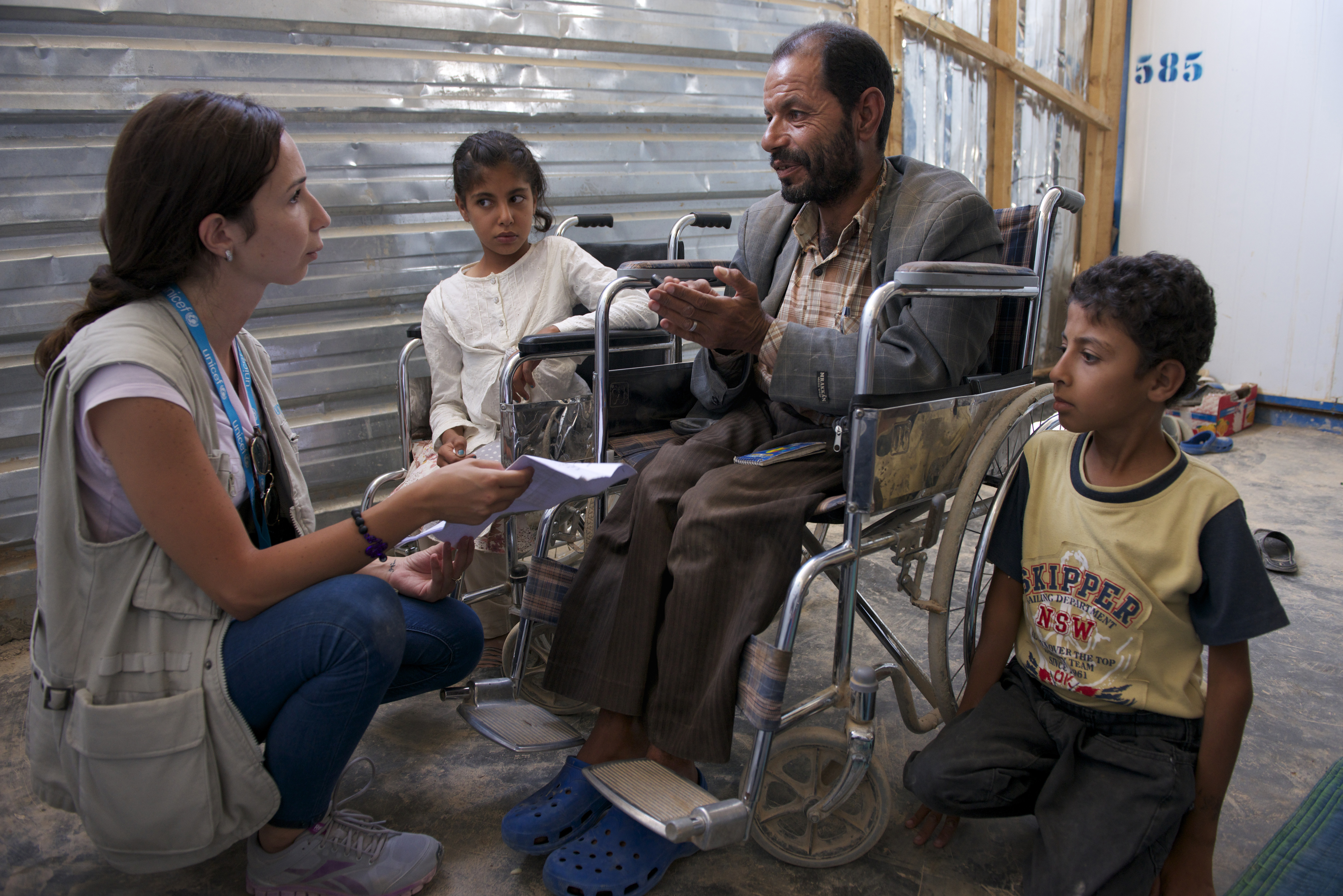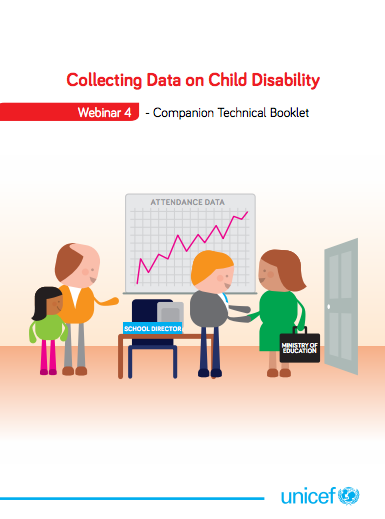Data collection tools
The availability of data on children with disabilities has been a longstanding challenge due to limitations related to the use of narrow definitions and the lack of a standardized data collection methodology.
The definition of disability that is used in any given data collection instrument determines who is identified as having a disability and included in the appraisal of evidence. Different conceptualizations and differences in operationalizing the concept of disability will directly impact the quality and utility of the gathered data. Historically, measures of disability have focused on domains related to physical and sensory functioning, while other domains, notably those related to psychosocial functioning, were largely overlooked. Language that was stigmatizing or judgemental was also commonly found in some of the questionnaires used to determine disability status.
An additional limitation to the production of high-quality data on children with disabilities relates to the protocols used to collect them. Non-inclusive data collection methods and analyses can lead to the generation of inaccurate, incomplete, irrelevant or misleading evidence. The absence of inclusiveness may result in severe underestimations and misidentification of persons with disabilities, aggravating exclusion and preventing the implementation of efforts where they are most needed.
Further to the considerations on measuring disability in general, identifying children with disabilities presents additional challenges. The domains of functioning that may indicate that a young child has a disability are different from those in older children and adults. For example, asking about difficulties related to self-care is relevant among older children and adults but not young children. In addition, measuring functional difficulties is complex since children, especially at younger ages, develop at different rates. Therefore, the identification of functional difficulties in children needs to account for what is a typical variation in development versus a developmental delay or a consequence of a specific impairment. Measuring disability among children requires instruments that are specifically designed to reflect the breadth of functional domains that are relevant for children. During childhood, this implies accounting for all the domains of physical, psychosocial, sensory and cognitive functioning. Furthermore, a comprehensive measure of disability must include all sorts of individual and environmental factors that may prevent children from developing skills and building trustworthy relationships and that inhibit their full and effective participation in society on an equal basis with others.
To address the paucity of data collection tools for the situation of children with disabilities globally, UNICEF and the Washington Group on Disability Statistics developed the child functioning module for use in censuses and surveys. Please see here for more information.
Similarly, to assess the school environment and participation of children with disabilities in education, UNICEF is supporting the development of an inclusive education module to be used within schools. Please see here for more information.
Resources




